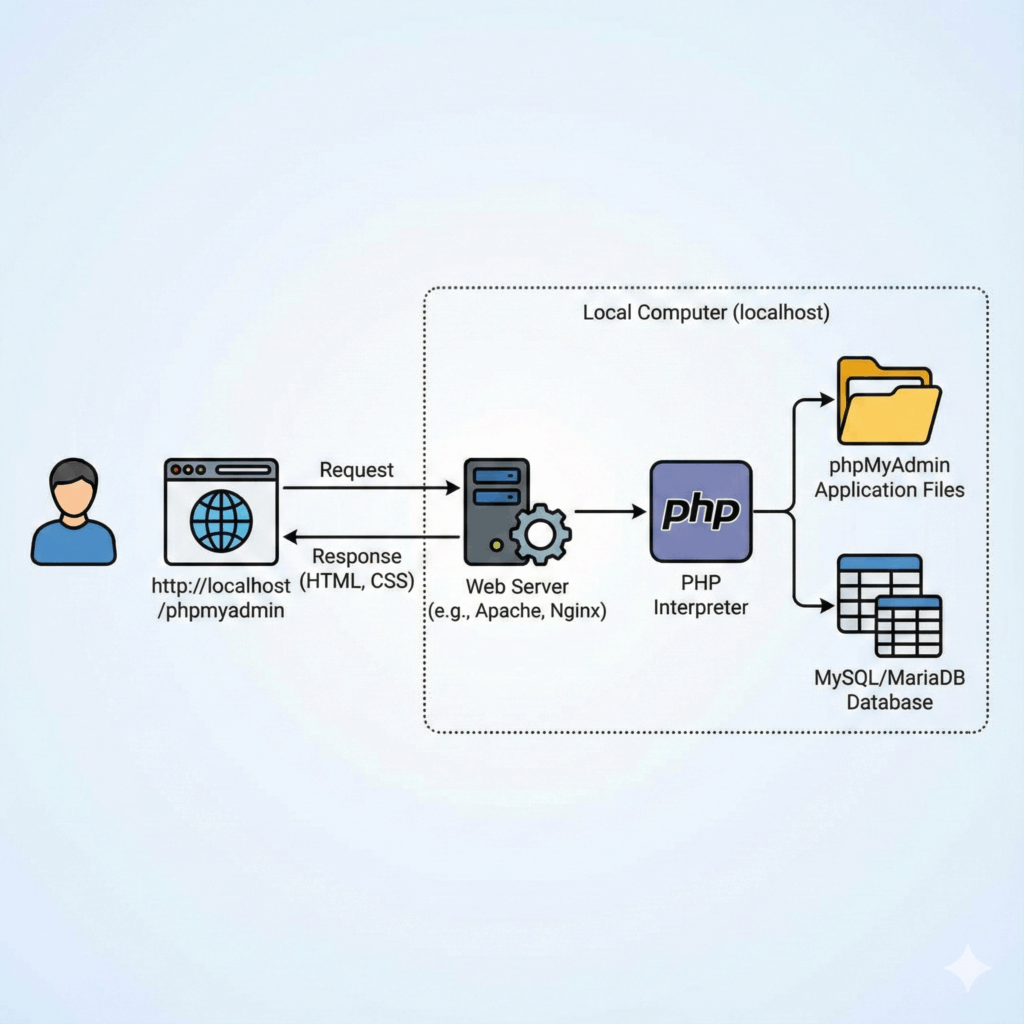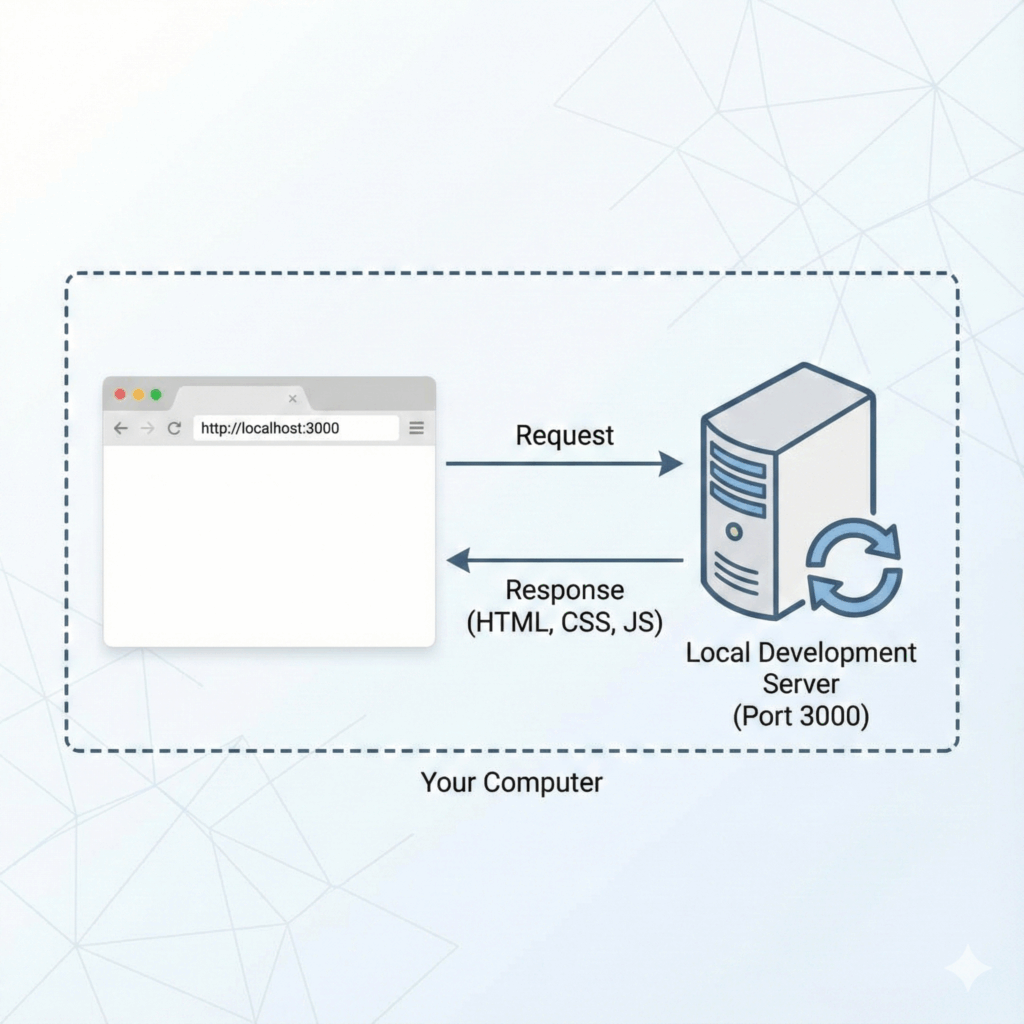AI Can Be a Smart Writing Buddy
AI essay generators are becoming popular fast. They help students and bloggers create content in minutes. You just type a topic, and the tool writes a full draft.
But writing quickly doesn’t always mean writing well.
If your content doesn’t have the right keywords, people may never find it. This is why you need to learn how to guide the AI tool. You must help it focus on the words that matter most.
Many writers use an AI essay generator for help with structure, keyword balance, and writing tone. The tool supports students who want speed and quality in their essays or blog posts.

What Does “Keyword-Rich” Really Mean?
Keyword-rich content means your writing uses the words people search for. These are the phrases typed into search engines like:
- “Best laptops for college students”
- “How to save money as a teen”
- “Essay tips for high school seniors”
If your article uses these keywords the right way, more people will find it. That’s why writing with keywords is so powerful.
Don’t Just Add Keywords Randomly
Some people make this mistake: They add the keyword over and over. That makes the writing sound fake.
Here’s what to do instead:
- Use keywords where they fit naturally.
- Put them in the title, headers, and the first 100 words.
- Don’t force them into every sentence.
- Use different versions of the same idea (called “LSI keywords”).
Example:
Main keyword: study tips for exams
Related ideas: test prep tips, how to study, revision tricks
This keeps your writing clear and helps it show up in search results!
Start With a Clear Focus
Before you open your AI essay generator, write down:
- Your topic
- The main keyword
- Any extra keywords
- What you want your reader to learn
Give this to the AI so it knows where to begin.
For example:
Topic: Time management for students
Main keyword: time management tips for students
Extra keywords: study planner, daily routine, student productivity
The better your input, the better the output.
Guide the AI with Simple Prompts
AI tools are smart, but they still need direction. Use short, clear prompts like:
- “Write a 500-word blog post with the keyword ‘eco-friendly school supplies.'”
- “List 5 tips for time management. Include the keyword ‘daily study routine.'”
- “Write a clear essay for high school students about budgeting money.”
These prompts help the AI stay focused and use your keyword naturally.
Break Long Text into Sections
Readers love easy-to-scan writing. AI can help you create that, but you need to ask for sections.
Try this:
- Use headers like Introduction, Tips, Mistakes to Avoid, Final Thoughts
- Ask for bullets or numbered lists
- Keep paragraphs short
It helps your content stay organized and more readable for real people.
Check the Keyword Placement
After your AI draft is done, check where the keyword appears.
Make sure it’s in these places:
- Page title
- At least one subheading
- The first paragraph
- One or two body paragraphs
- The conclusion
If it’s missing from those areas, add it in smoothly. Don’t repeat it too much. Aim for 1-1.5% keyword density.
Use Synonyms and Related Words
Search engines understand more than exact matches. They also look at related terms.
Try to add:
- Synonyms
- Word variations
- Questions people ask on the topic
- Bold or italic text for emphasis (use sparingly)
This makes your writing richer and easier to find.
Edit Like a Human (Because You Are One)
AI helps you write faster, but you still need to polish the results.
Things to check:
- Does the tone match your voice?
- Are any phrases awkward or too formal?
- Is there too much repetition?
- Are the facts correct?
Read your writing out loud. That helps you hear what works and what doesn’t.
Add a Call to Action (CTA)
Every good piece of content should guide the reader to do something.
Here are simple CTAs you can use:
- “Share this post with your classmates.”
- “Try these tips this week.”
- “Want help writing your next essay? Visit WriterEssay now.”
Calls to action make your writing feel complete.
Tools That Help with Keyword-Rich Writing
Besides AI generators, here are other tools that can improve your results:
- Ubersuggest: Finds keywords and shows their popularity
- Grammarly: Checks grammar and clarity
- Hemingway Editor: Makes your writing simpler
- WriterEssay: Offers essay help and keyword support
- Google Trends: Shows what people are searching for
Use these tools before and after you write.
Practice with Real Topics
The best way to learn is by doing. Choose real topics and practice writing keyword-rich content with AI tools.
Try this weekly plan:
- Monday: Pick a keyword
- Tuesday: Write a 300-word draft with AI help
- Wednesday: Edit it by hand
- Thursday: Add subheadings and bullets
- Friday: Post it somewhere or share it with a friend
This builds skill and speed over time!
Final Thoughts: You Control the Content
AI tools can help you write fast. But you make the choices. You guide the voice, the style, and the keywords.
Make sure every piece of content sounds like you. Keep learning about keywords. Keep practicing structure and tone. And keep improving with every post.
The more you practice, the better your content becomes!
FAQs
1. What is keyword-rich content?
It’s writing that uses keywords people search for. This helps your content show up in search engines.
2. How often should I use my main keyword?
Aim for 1-1.5% of your total word count. That’s about 12-18 times in a 1200-word post.
3. Can AI tools create SEO content?
Yes, if you guide them well. Use clear prompts and check the keyword placement after.
4. What if the AI repeats the same words too much?
Edit the draft. Replace some words with synonyms or rewrite the sentence for clarity.
5. Why is editing important after using AI?
AI can write fast, but it doesn’t know your voice. Editing makes the content stronger and more personal.



